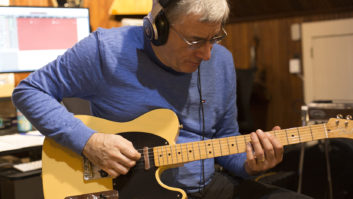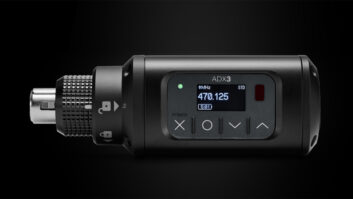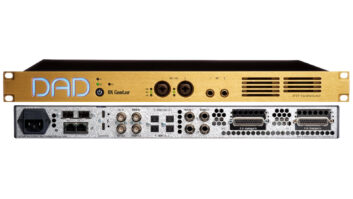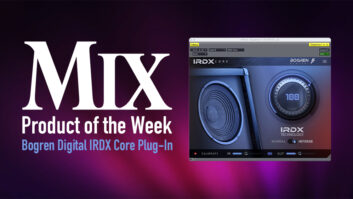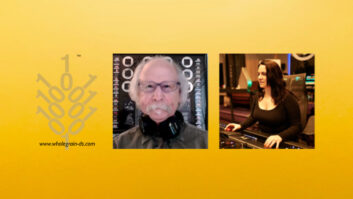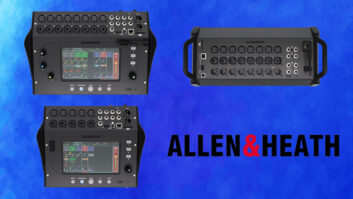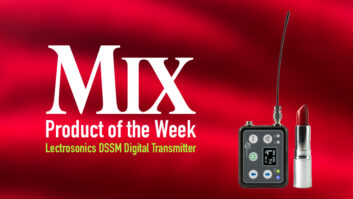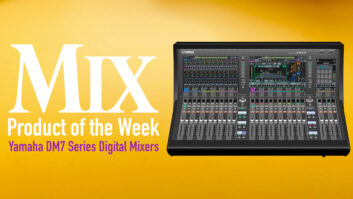For many recording musicians and home-studio engineers in the digital age, the sound and behavior of vintage hardware is defined largely by digital emulations rather than the original equipment. I find it intriguing that most people’s experience with, say, a Fairchild 670, a ’59 Fender Bassman or a Teletronix LA-2A comes from using a plug-in, not the actual gear. I include myself in this, as I certainly have plenty of gear models in my plug-in collection for which I have no hands-on experience with the hardware.
For most of us, this is a trend that will continue. With software inexorably ascendant, and so many people recording in the box without any outboard processing, people’s experience with hardware, whether vintage or otherwise, will be even less frequent as time goes on. Do you think that in 20 years there will be a lot of working musicians and engineers who have used a lot of hardware compressors, EQs and so forth? Not likely. At that juncture, our collective knowledge of the original equipment will mostly be like a photocopy of a photocopy, or, to use an analog-tape term, a generation down.
Read more Mix Blog Studio: Test Your Gear Obsession
I don’t mean this at all as a critique, because, let’s be honest, it’s not easy to own vintage hardware these days, especially studio processors. They’re rare, expensive, hard to maintain, and barely compatible with an “in the box” workflow. And unless you happen to work in a commercial studio with a nice gear collection, you’re unlikely to get the chance ever to use the originals. Honestly, I’m not sure how much it really matters, anyway. (That being said, would I like to own a Fairchild 670, Neumann U47 or AKG C12? You betcha!)
But though the macro trend is heading steadily in the software direction, there is hope for hardware fans, thanks to a small-but-growing counter-trend: cloud-based businesses that let you process your audio remotely, using real hardware gear. You upload your audio, and it gets processed by whichever gear you selected from the available list , and then you can download the resultant files.
Mix:Analog, The Audio Hunt, and RackFX (which is still in beta) are three such services, and I would bet more are coming. They all offer somewhat different workflows. For example, MixAnalog and RackFX have browser-based controls that you use to make your own settings (Mix:Analog even offers real-time monitoring), whereas with The Audio Hunt you upload your files with instructions for someone at a studio to execute.
I haven’t tried any of these services yet, so I don’t want to make a value judgment as to which of their approaches seems better. I will report back once I have gotten some hands-on experience. In the meantime, if you’re craving to try out some actual hardware processors, these cloud-based services are a lot more affordable than buying the gear yourself or booking studio time to gain access to it. If you have a hankering to process your audio with actual vintage hardware, this might just be a practical option.
